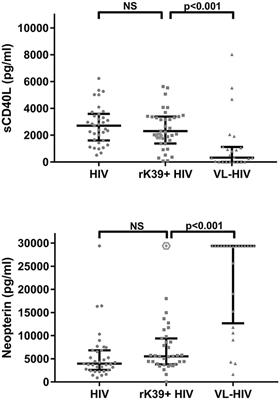EDITORIAL
Published on 12 Nov 2019
Editorial: Biomarkers in Leishmaniasis
doi 10.3389/fcimb.2019.00388
- 5,802 views
- 9 citations
22k
Total downloads
104k
Total views and downloads
You will be redirected to our submission process.
EDITORIAL
Published on 12 Nov 2019
REVIEW
Published on 31 Jul 2019

ORIGINAL RESEARCH
Published on 13 Dec 2018

ORIGINAL RESEARCH
Published on 11 Dec 2018

ORIGINAL RESEARCH
Published on 19 Nov 2018

ORIGINAL RESEARCH
Published on 13 Nov 2018

PERSPECTIVE
Published on 13 Nov 2018

REVIEW
Published on 13 Nov 2018

ORIGINAL RESEARCH
Published on 02 Oct 2018

REVIEW
Published on 19 Sep 2018

REVIEW
Published on 19 Sep 2018

REVIEW
Published on 06 Sep 2018

